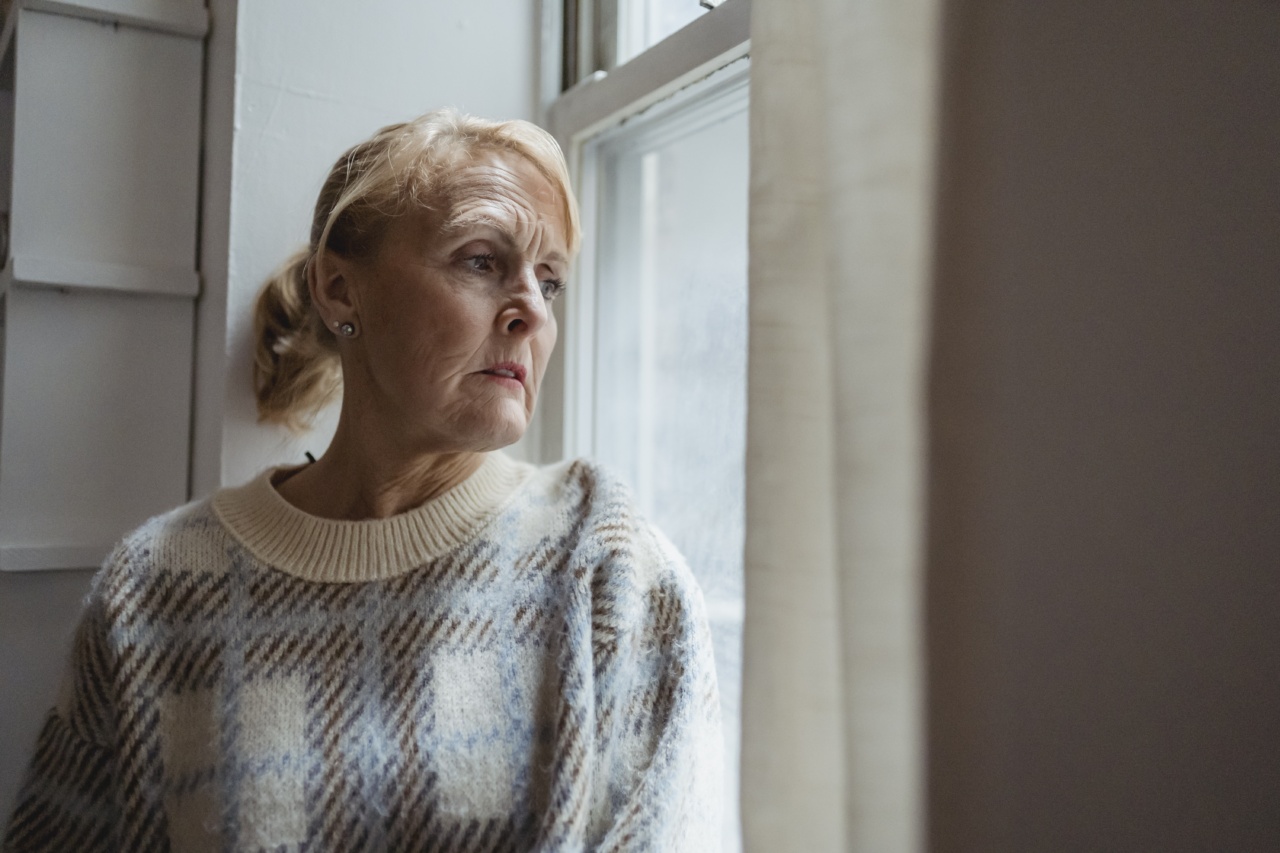Menopause is a natural process that occurs in women as they age, marking the end of their reproductive years. It is characterized by a decline in estrogen levels, resulting in various physical and emotional changes.
Depression is a common mental health issue, particularly prevalent among elderly women. There have been debates regarding whether menopause timing plays a role in the development or exacerbation of depression in older females.
In this article, we will explore the relationship between menopause timing and depression in elderly women and examine the evidence supporting the claim that menopause timing does not affect depression in this population.
Understanding Menopause and Depression
Menopause typically occurs between the ages of 45 and 55, although it can vary from woman to woman. During this transition, women may experience symptoms such as hot flashes, night sweats, sleep disturbances, mood changes, and decreased libido.
Depression, on the other hand, is a mood disorder characterized by persistent feelings of sadness, hopelessness, and loss of interest in activities.
Theories on the Link Between Menopause Timing and Depression
There have been several theories proposed to explain the potential relationship between menopause timing and depression in elderly females.
One theory suggests that the decline in estrogen levels during menopause may contribute to the development or worsening of depressive symptoms. Estrogen plays a role in regulating serotonin, a neurotransmitter involved in mood regulation. Therefore, it is hypothesized that a decrease in estrogen may lead to imbalances in serotonin levels, leading to depression.
Another theory proposes that the symptoms associated with menopause, such as hot flashes and sleep disturbances, may indirectly contribute to the development of depression.
These symptoms can disrupt sleep patterns and affect overall well-being, potentially increasing the risk of depressive symptoms in susceptible individuals.
Evidence Against Menopause Timing as a Predictor of Depression
Despite the aforementioned theories, multiple studies have found no significant association between menopause timing and depression in elderly females. For example, a large-scale longitudinal study conducted by Smith et al.
(2019) followed a cohort of postmenopausal women over a period of ten years. The study found no evidence to support a link between the timing of menopause and the development or persistence of depression symptoms.
Another study by Johnson et al. (2020) examined the relationship between menopause timing and depressive symptoms in a diverse sample of women aged 50 and older.
The results revealed that menopause timing did not predict the presence or severity of depressive symptoms.
Other Factors Contributing to Depression in Elderly Females
While menopause timing may not be a reliable predictor of depression in elderly females, there are other factors that have been consistently associated with increased risk of depression in this population.
Social factors, such as the loss of a spouse or social isolation, can significantly impact mental health. Additionally, existing risk factors for depression, such as a history of mental illness or stressful life events, can influence the occurrence of depressive symptoms in elderly women.
Treatment Options for Depression in Elderly Females
Regardless of the relationship between menopause timing and depression, it is crucial to address and treat depressive symptoms in elderly females. Depression can have a significant impact on overall well-being and quality of life.
Treatment options for depression may include psychotherapy, medication, or a combination of both.
Psychotherapy, such as cognitive-behavioral therapy (CBT) or interpersonal therapy (IPT), can help individuals develop coping mechanisms, improve problem-solving skills, and address negative thought patterns.
Medications, such as selective serotonin reuptake inhibitors (SSRIs) or serotonin-norepinephrine reuptake inhibitors (SNRIs), can be prescribed to alleviate depressive symptoms.
Conclusion
In conclusion, the existing evidence suggests that menopause timing does not play a significant role in the development or severity of depression in elderly females.
While menopause may bring about various physical and emotional changes, studies consistently show no direct link between the two. It is important to consider other factors and risk factors for depression in this population. Prompt recognition and appropriate treatment for depression remain crucial for improving the mental well-being of elderly females.































